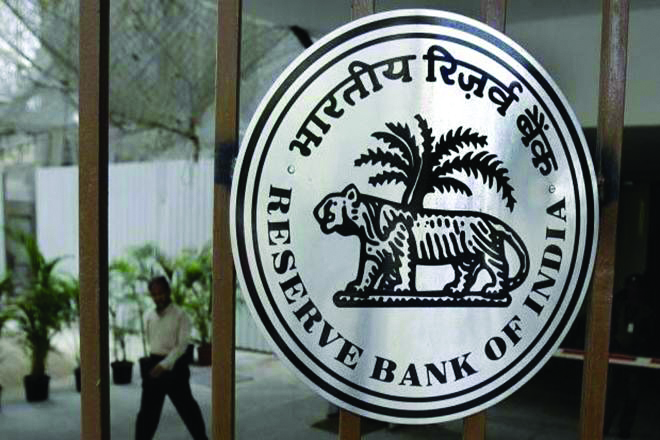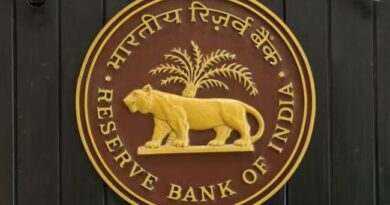RBI warns against some cooperative societies using ‘bank’ in their names
The Reserve Bank of India has noted that some cooperative societies are using the word ‘bank’ in their names, in contravention of Banking Regulation Act. Some cooperative societies are even accepting deposits from non-members without any licensing or approval from the central bank.
In light of these developments, the RBI clarified that cooperative societies are not allowed to use “bank”, “banker” or “banking” in their names.
“The Banking Regulation Act, 1949 (BR Act, 1949) was amended by the Banking Regulation (Amendment) Act, 2020 (Act 39 of 2020) which came into force on September 29, 2020. Accordingly, co-operative societies cannot use the words “bank”, “banker” or “banking” as part of their names, except as permitted under the provisions of BR Act, 1949 or by the Reserve Bank of India,” the apex lender said in a statement on Monday.
It has come to the notice of RBI that some cooperative Societies are using the word “bank” in their names in violation of Section 7 of the Banking Regulation Act, 1949 (As Applicable to Co-operative Societies), RBI stated.
It has also come to the notice of RBI that some cooperative societies are accepting deposits from non-members, nominal members and associate members, which amounts to conducting banking business, in violation of the provisions of the BR Act, 1949.
The RBI warned the public that such societies neither possess any licence under Banking Regulation Act, nor have they authorised by the RBI for carrying out banking business.
“The insurance cover from Deposit Insurance and Credit Guarantee Corporation (DICGC) is also not available for deposits placed with these societies. Members of public are advised to exercise caution and carry out due diligence of such cooperative societies if they claim to be a bank, and look for banking license issued by RBI before dealing with them,” RBI noted.
DICGC, a wholly-owned subsidiary of RBI, assures depositors a deposit insurance of Rs. 5 lakh in case the lender goes bust. Without its cover, accountholders have little chance of getting their money back if the lender goes out of business.




